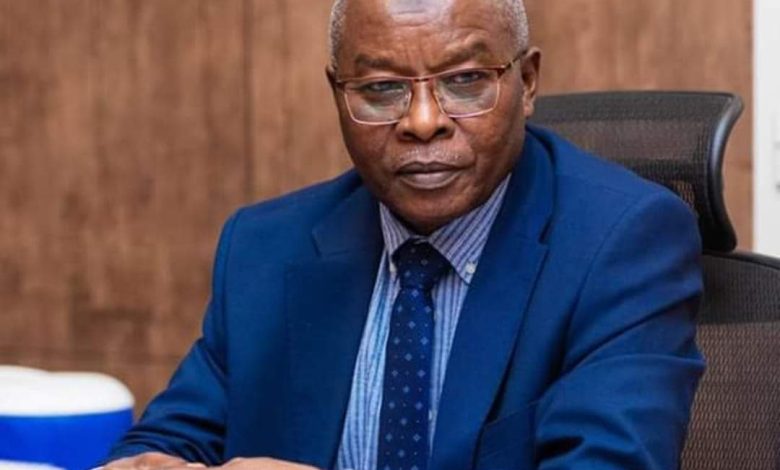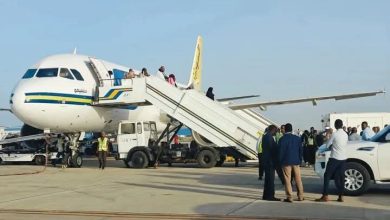Economic
Finance Ministry Discloses Commitment to Spending Control

Sudan Events – Follow-up
Finance Ministry Undersecretary Abdullah Ibrahim revealed the ministry’s commitment to controlling and rationalizing public spending, addressing essential needs amidst resource mobilization challenges and rising expenditures since the war broke out in April last year. He noted that the ministry prioritized expenditures, with primary focus on supporting military efforts by providing essential resources to the armed forces, comprehensive support for the health sector, and covering all financial costs required for delivering humanitarian aid to citizens in shelters and neighboring countries.
The undersecretary also disclosed on Monday that the ministry is committed to paying all federal employee compensations, including salaries for national and local media authorities, Khartoum Water Authority employees, and the financial support for financially struggling government bodies. The ministry also bore the costs of salaries for diplomatic missions and foreign-funded projects, pension obligations, and monthly support for higher education.
He pointed out that the ministry’s essential commitments included funding essential services, allowing ministries and government units the ability to carry out their tasks, settling educational expenses, providing monsoon emergency materials, and covering pollution control and cleanup needs for civil defense post-war. Ibrahim affirmed that the ministry continues to meet state financial entitlements as per the Revenue Sharing Act, with increased monthly support for Khartoum and other states. Additionally, the ministry funded production inputs and requirements for a successful agricultural season, supported electricity needs, and covered the costs of essential infrastructure maintenance, including roads, crossings, airports, and public facilities in Red Sea Passports, along with ensuring Sudan’s membership contributions in international and regional organizations and settling Sudan’s obligations to the World Bank, African Development Bank, and the International Fund for Agricultural Development.



